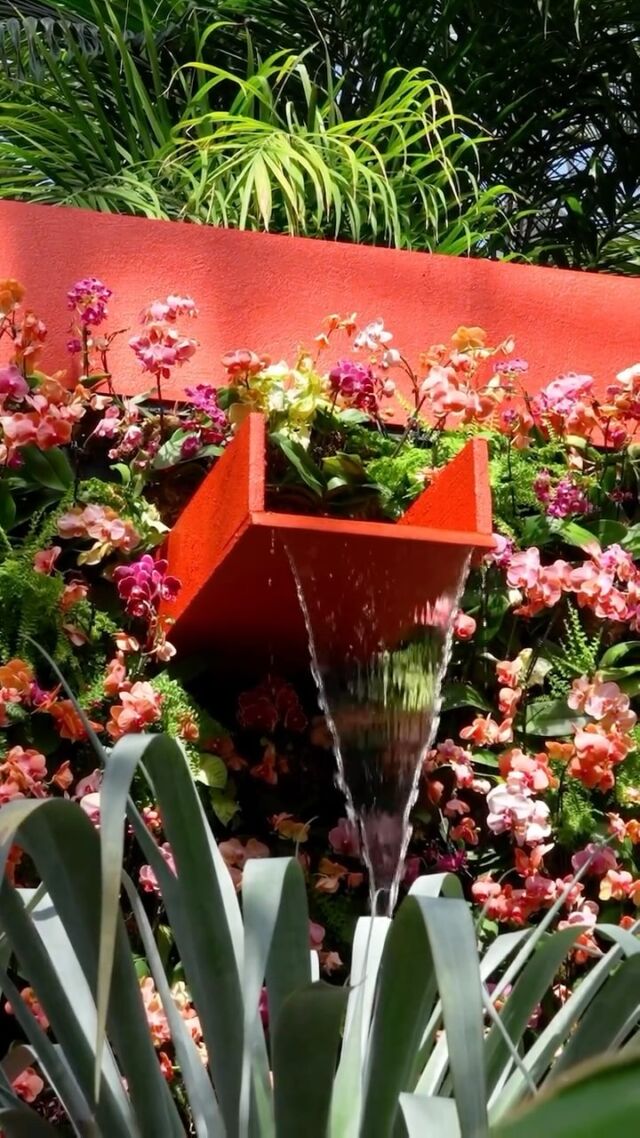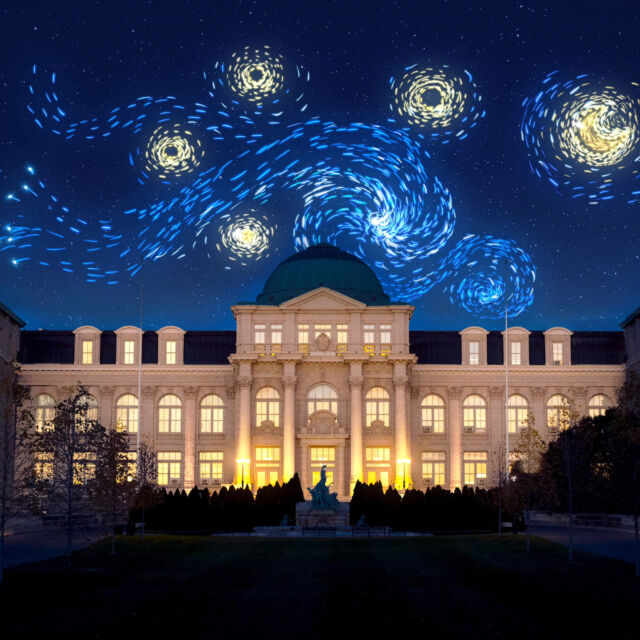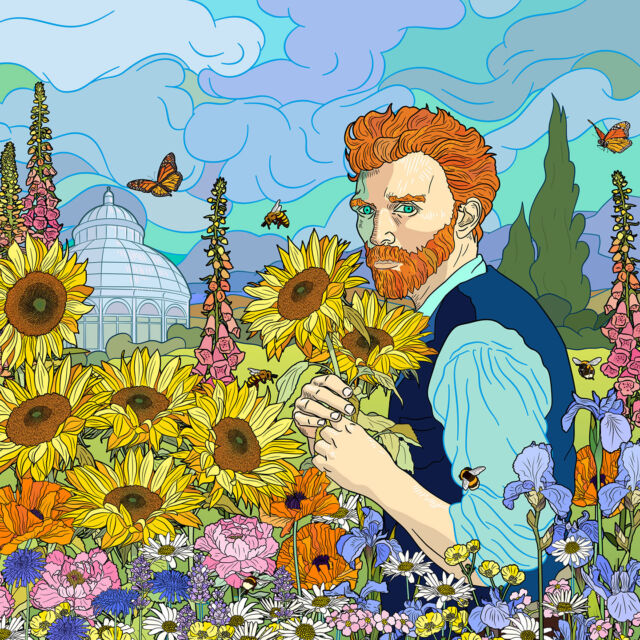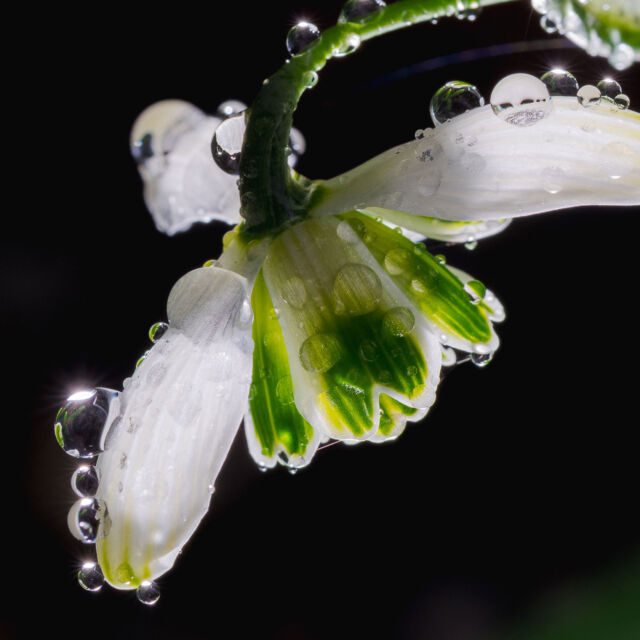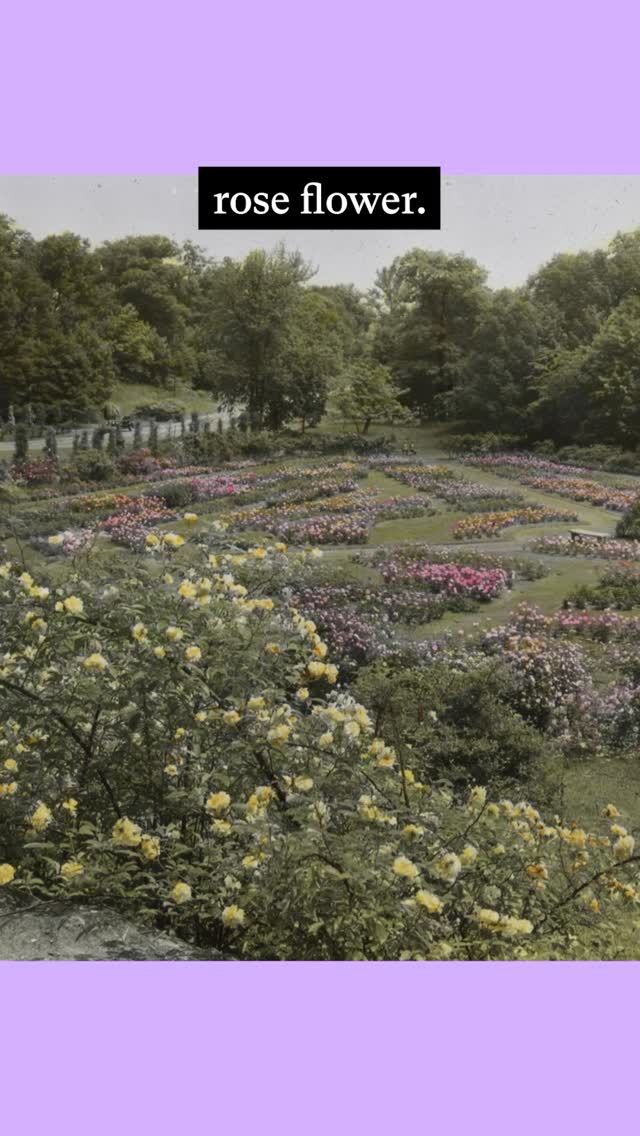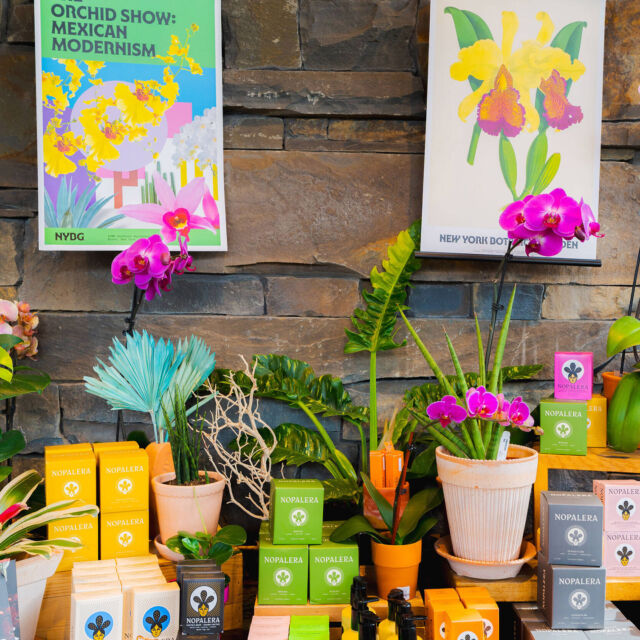Treasures of the Rare Book Collection: Francis Bacon’s ‘Of Gardens’
Stephen Sinon is the William B. O’Connor Curator of Special Collections, Research and Archives, in the LuEsther T. Mertz Library of The New York Botanical Garden.
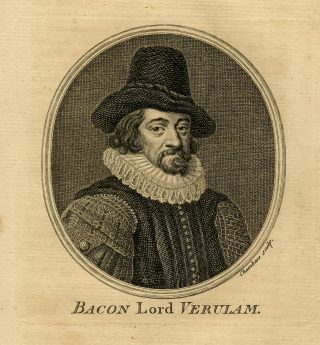 Francis Bacon (1561–1626) was Lord Chancellor of England, a philosopher, naturalist, polymath, pioneer of empirical scientific methodology, and, according to some, author of the works of Shakespeare himself.
Francis Bacon (1561–1626) was Lord Chancellor of England, a philosopher, naturalist, polymath, pioneer of empirical scientific methodology, and, according to some, author of the works of Shakespeare himself.
Bacon addressed a vast array of subjects in his writings. Among them, he summed up his thoughts as to the ideal princely garden in his 1625 essay entitled “Of Gardens.” His opening paragraph eloquently captures the significance of gardening.
“God Almighty first planted a Garden; and, indeed, it is the purest of human pleasures; it is the greatest refreshment to the spirits of man; without which buildings and palaces are but gross handy-works: and a man shall ever see, that, when ages grow to civility and elegancy, men come to build stately, sooner than to garden finely; as if gardening were the greater perfection.”
Bacon’s description of the ideal garden found in this essay was based upon those he had experienced himself and upon the designs he had implemented at his country houses in Twickenham and Gorhambury. In designing and experimenting with his own gardens, he was reflecting on his radical scientific thoughts.
He was a proponent of experimental science in an age that was dominated by the deductive reasoning of Aristotle. Bacon said that our knowledge of the world around us and our own experiences and observations should be the basis upon which all scientific inquiry is based. For Bacon, it was the experiment and the experience that counted most. Year-round color and scent were important elements for Bacon, whereas topiary, knots, and reflecting pools were not.
Living in an age when many new and unusual plants were being discovered and described certainly gave Bacon much to experiment with in his gardens. Well aware that gardening styles and tastes change over time, Bacon wrote, “As is the garden—such is the gardener. A man’s nature runs either to herbs or weeds.”
The LuEsther T. Mertz Library holds a copy of the 1632 edition of Bacon’s collected essays, which contains 58 pieces, including “Of Gardens.” This volume is part of the remarkable library of Elizabeth Kals Reilley, a renowned horticultural librarian, scholar, and book collector, which was given to the Mertz Library in 2002.
SUBSCRIBE
Enter your email address to subscribe to this blog and receive updates on new posts.
